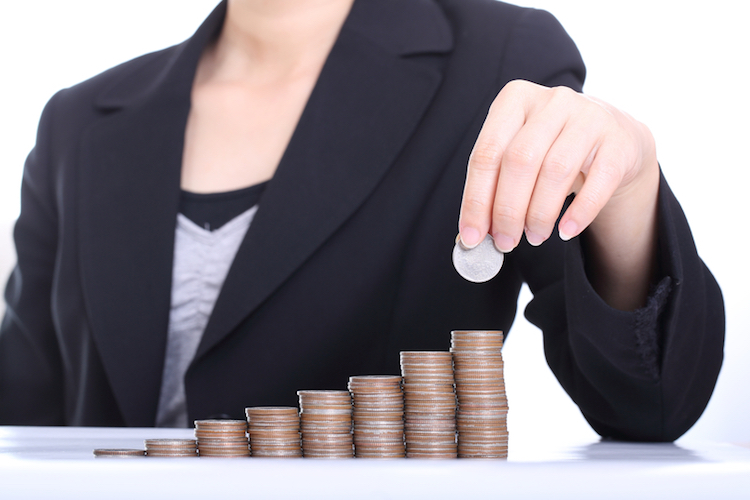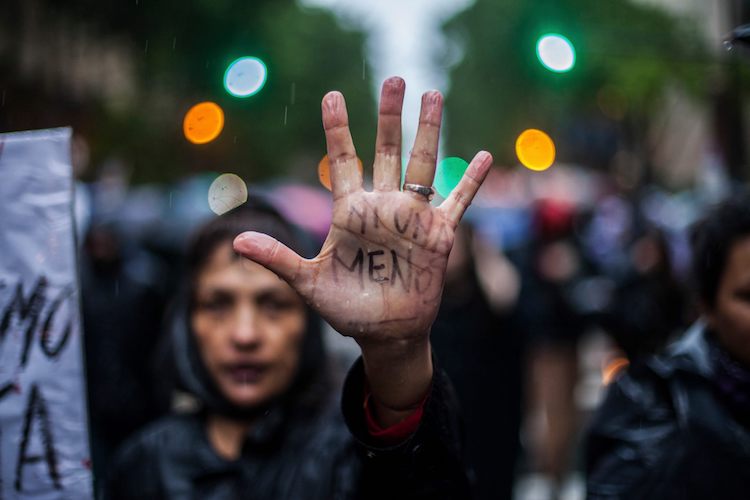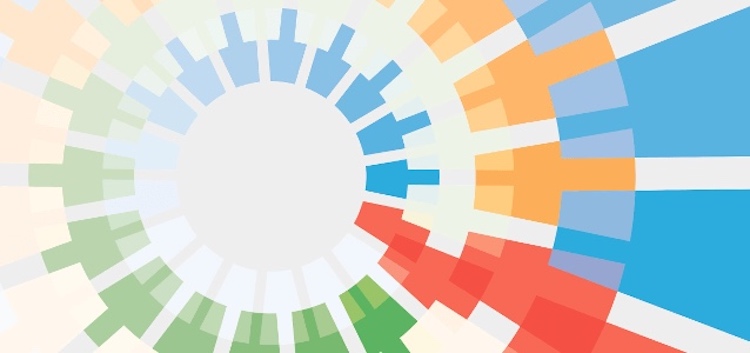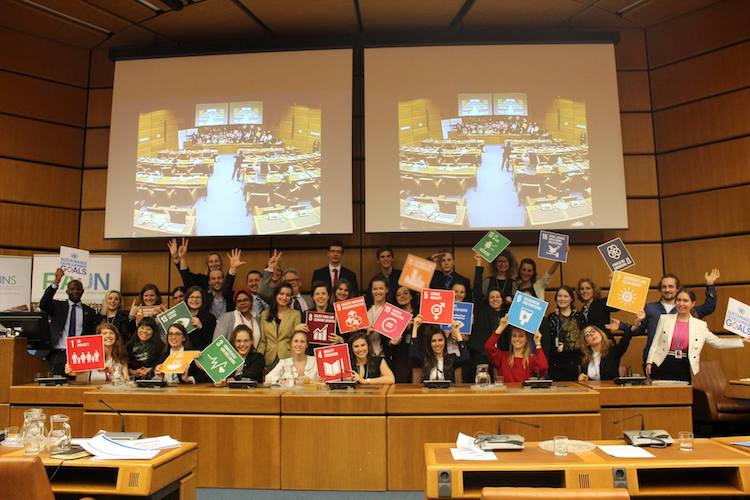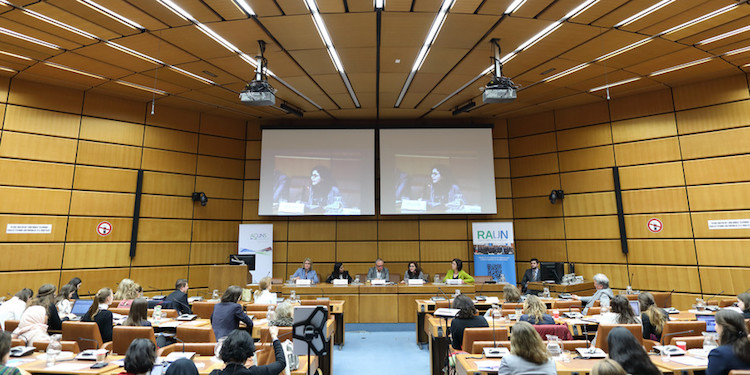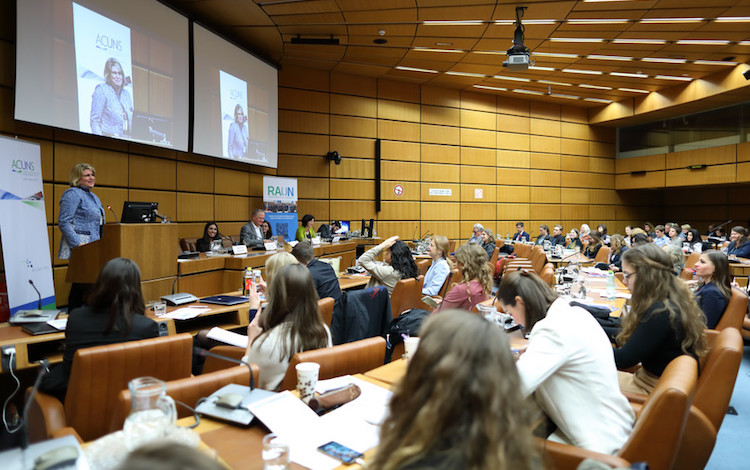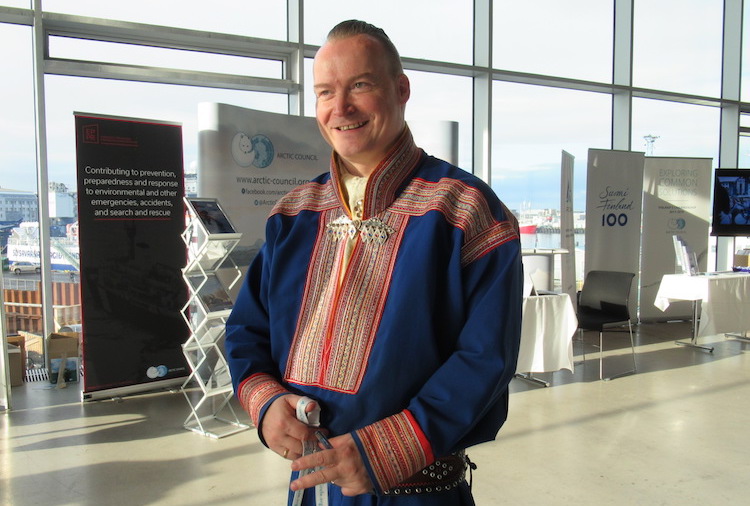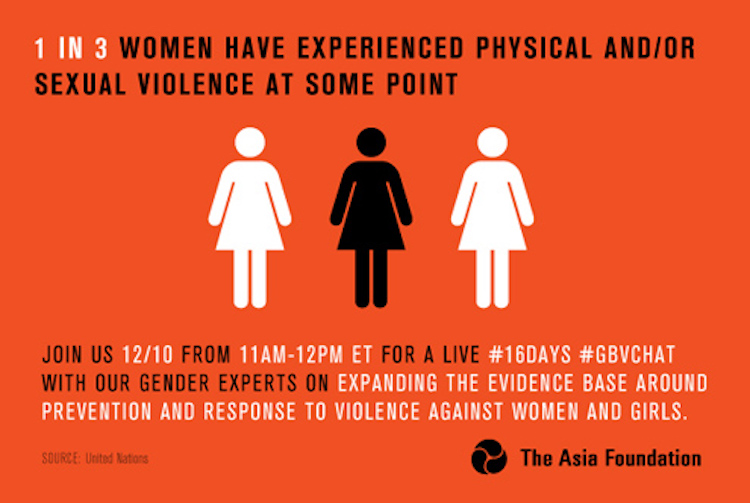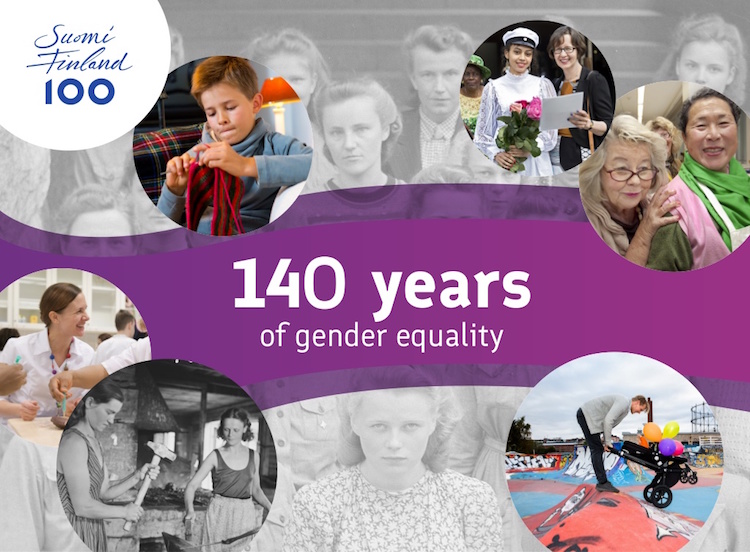By Heather Wokusch* This is the eighth and last in a series of reports on the Vienna UN Conference from January 10-12, 2018, which discussed actions and challenges linked to the Sustainable Development Goal 5 (SDG 5) and in the spirit of SDG 17. The Vienna Liaison Office of the Academic Council on the United […]
Changing the Narrative on Violence Against Women at Home
By Helen Hemblade* This is the seventh in a series of reports on the Vienna UN Conference from January 10-12, 2018, which discussed actions and challenges linked to the Sustainable Development Goal 5 (SDG 5) and in the spirit of SDG 17. The Vienna Liaison Office of the Academic Council on the United Nations System […]
Women Are Being Left Behind in Spite of UN Pledge
By J Nastranis NEW YORK (IDN) – Two and a half years after the international community adopted the 2030 Agenda for Sustainable Development, which pledged not to leave any one behind, women around the world are faced with stark inequalities and grave challenges, says a new report by UN Women, the United Nations Entity for […]
Empowerment: A Collaborative Vision of SDG 5
By Cecilia Vera Lagomarsino* This is the sixth in a series of reports on the Vienna UN Conference from January 10-12, 2018, which discussed actions and challenges linked to the Sustainable Development Goal 5 (SDG 5) and in the spirit of SDG 17. The Vienna Liaison Office of the Academic Council on the United Nations […]
Bodies as Battlefields – Dangers Women Face During Conflicts
By Julia Zimmerman* This is the second in a series of reports on the Vienna UN Conference from January 10-12, 2018, which discussed actions and challenges linked to the Sustainable Development Goal 5 (SDG 5) and in the spirit of SDG 17. The Vienna Liaison Office of the Academic Council on the United Nations System […]
Paving the Way to Empowering Female Leaders
By Ourania Roditi * This is the first in a series of reports on the Vienna UN Conference from January 10-12, 2018, which discussed actions and challenges linked to the Sustainable Development Goal 5 (SDG 5) and in the spirit of SDG 17. The Vienna Liaison Office of the Academic Council on the United Nations […]
Violence Against Women and Girls is Not Inevitable
Viewpoint by Phumzile Mlambo-Ngcuka The writer is UN Under-Secretary-General and Executive Director of UN Women. Following is the text of the statement titled ‘A life without the threat of violence for everyone: leave no one behind’ released on 16 November launching ‘Sixteen Days of Activism against Gender Violence‘ ahead of the International Day for the […]
Traditional Knowledge and Education Major Themes at Arctic Circle Assembly
By Lowana Veal
REYKJAVIK (IDN) – “Islanders have nothing to do with climate change though they may suffer the most,” Nainoa Thompson from the Polynesian Voyaging Society told an Arctic Circle seminar focusing on global perspectives on traditional knowledge, science and climate change. Thompson comes from Hawaii, but his co-speakers came from Thailand, Chad, Fiji, Kenya and Norwegian Lapland.
The plight of South Pacific islanders was one of the main themes of this year’s Arctic Circle Assembly, organised in Reykjavik for the fifth consecutive year. This year’s event (held from October 13 to 15) was particularly broad in scope, with a choice of 105 breakout sessions (seminars) as well as speeches and panel discussions.
Violence Against Women Is Still An Unresolved Issue
By Afreeha Jawad
COLOMBO (IDN) – Having grown up in a biological family unit that upheld male domination, envied and resented female intellect, with a mother that declared in no uncertain terms that even though crestfallen a male is a male, Fathima’s ears soon were not alien to such sexist remarks but the bitterness that swelled inside was inexpressible.
Maternal discriminatory insistence that even vehemently once asked, “if they can tame a wild elephant then why not you?” simply threw this child off board. There was no one in whom she could have faith to spell out all her agony. Fathima’s utter consternation, dismay and disgust over maternal sexist expressions licensed continuous harassment even assaults from her biological membership which term she even resents to this day.
Finland Launches Landmark Gender Equality Prize
By Rita Joshi
NEW YORK (IDN) – In run-up to the sixty-first session of the United Nations Commission on the Status of Women, CSW61, in New York from March 13 to 24, the government of Finland has launched the International Gender Equality Prize, which will be awarded for the first time later this year.
The prize, intended to promote gender equality worldwide, to support discussion on equality between women and men and to celebrate Finland’s 100 years of independence, was launchded by Prime Minister Juha Sipilä in Tampere on southern Finland on March 8, the International Women’s Day.

